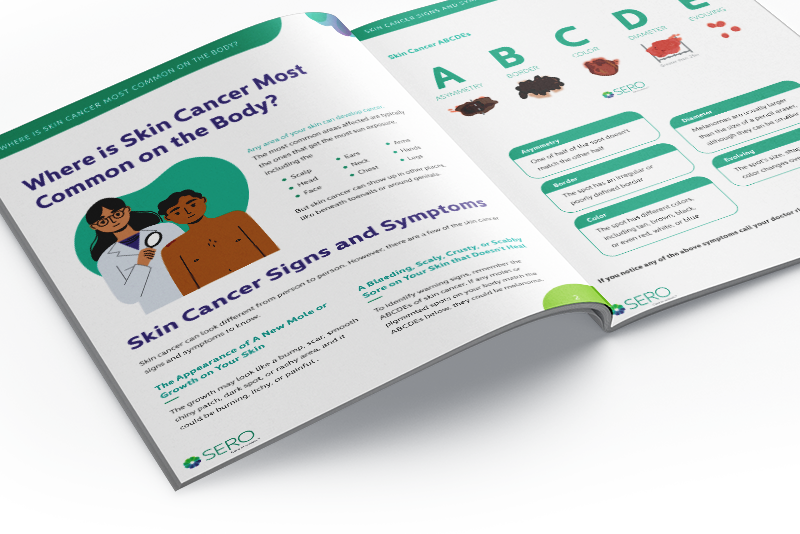If you have recently received a cancer diagnosis, your mind is likely racing with questions.
- How will I tell my children?
- Will my cancer treatment be successful?
- Do I need to take time off from work?
- What happens next?
To alleviate as much uncertainty as possible, the Charlotte area oncologists at SERO have compiled a resource guide that meets cancer patients where they are. Whether you’re newly diagnosed or a survivor facing cancer recurrence, SERO is here to provide support


